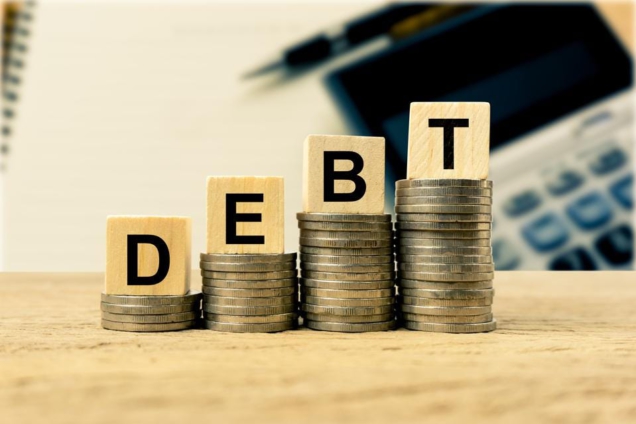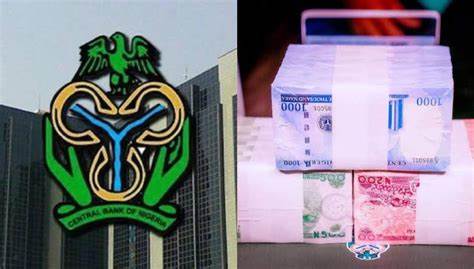The Federal Government spent more on debt servicing than on capital expenditures and personnel costs in the first quarter (Q1) of 2024.
This means approximately 74 per cent of the Federal Government’s retained revenue was spent on servicing debts in Q1 2024.
Join our WhatsApp ChannelThis was revealed in the latest quarterly statistical bulletin released by the Central Bank of Nigeria (CBN).
According to the data, while the Federal Government recorded a total of N1.76 trillion as revenue, debt servicing consumed N1.31 trillion which is about 74 per cent of the government’s revenue.
Prime Business Africa reports that the data showed N1.15 trillion went into personnel costs in Q1 2024, reflecting an increase of 17.1 per cent from the N978.11 billion spent in Q1 2023.
Capital expenditure also amounted to N1.15 trillion in Q1 2024. This shows that it dropped by 35.9 per cent from N1.8 trillion recorded in the period last year.
This decrease in capital spending raises concerns since it could mean a drop in funding for long-term development initiatives like infrastructure.
Sustained cuts in this area could obstruct development and have an impact on the country’s overall economic well-being as capital expenditure is essential for economic growth and development.
READ ALSO: ₦121.67trn Debt: SERAP Demands Probe Of World Bank Loans Spending By Nigerian Govt
The total government expenditure in Q1 2024 as indicated in the report was N4.59 trillion. This shows there was N2.83 trillion fiscal deficit, representing 29 per cent decrease when compared to N3.96 trillion in the Q1 of 2023.
It also means that while debt servicing amounted to 74 per cent of the federal government’s revenue, it was only about 29 per cent of the total expenditures in the quarter under review.
The N1.76 trillion retained revenue reflects an increase of 33.8 per cent when compared to the N1.32 trillion retained in the same quarter of 2023.
Also observed in the report is that the total government expenditures in the period under review decreased by 12.9 per cent from N5.28 trillion recorded in Q1 2023.
READ ALSO: 10 Countries In Africa With Highest Debt-to-GDP Ratio
The fact that the cost of servicing debts surpassed capital expenditure and personnel cost highlights the growing burden of debt on the country.
Nigeria’s debt service payments have been on a steady increase in the past few years.
Prime Business Africa had reported that the country spent N7.8 trillion on servicing debts in 2023, which is a 121 per cent increase from N3.52 trillion spent in 2022.
According to CBN data, while debt servicing stood at $801.36 million in Q1 2023, it jumped by 39.7 per cent to $1.12 billion in Q1 2024.
The Debt Management Office (DMO) of Nigeria recently announced that the nation’s total public debt increased significantly to N121.67 trillion (approximately $91.46 billion) as of March 31, 2024.
This figure which encompasses the combined domestic and external debts of the Federal Government of Nigeria, the 36 state governments, and the Federal Capital Territory (FCT), reflects an increase of N24.33 trillion or 24.99 per cent from N97.34 trillion (about $108.23 billion) total public debt reported as of 31 December 2023.
Analysts have observed that the devaluation of the naira is the primary cause of the increase, as the total debt in dollar terms dropped by $16.77 billion (18.34 per cent).
Victor Ezeja is a passionate journalist with six years of experience writing on economy, politics and energy. He holds a Masters degree in Mass Communication.

















Follow Us